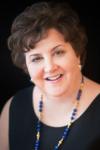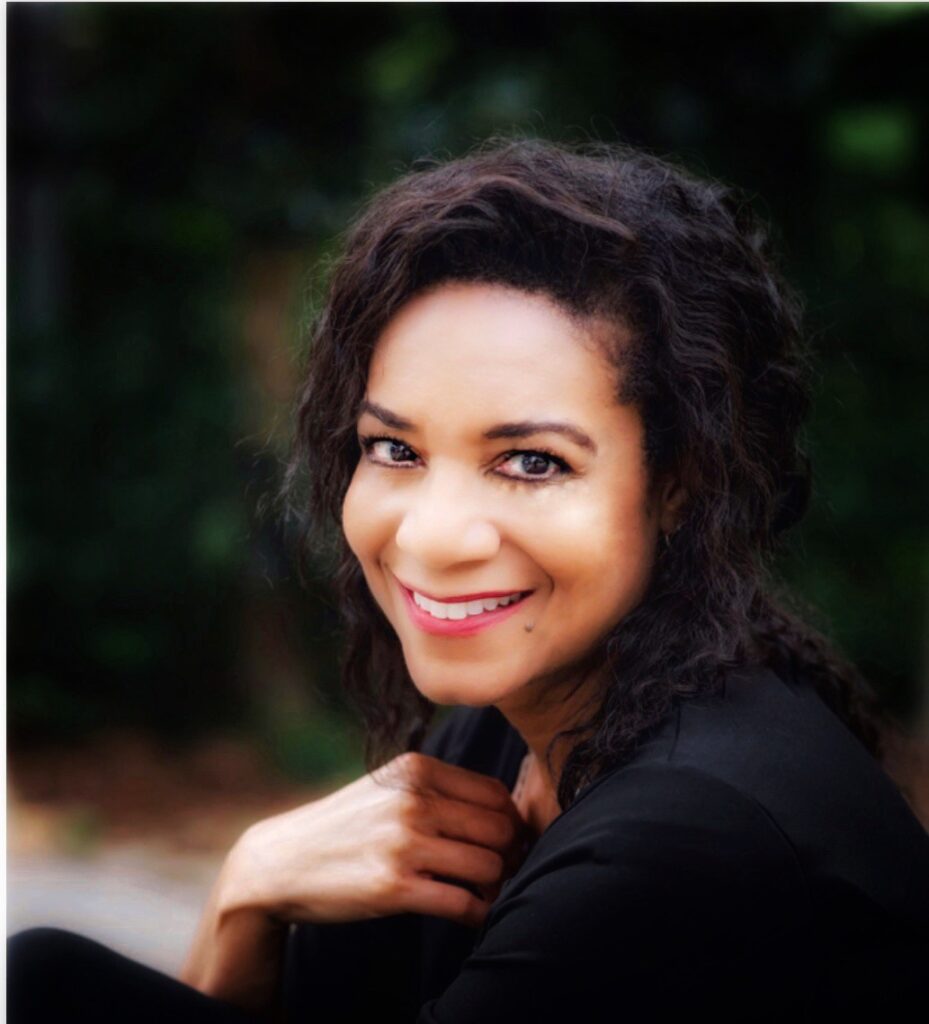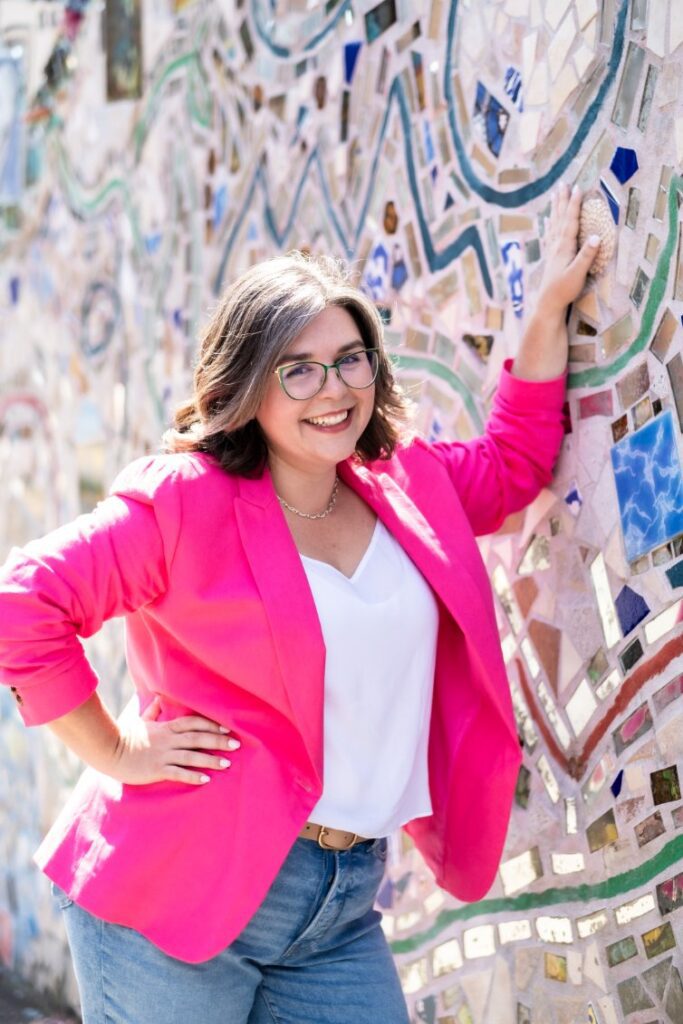
When I turned 50, it was like a switch flipped and caused my knees to ache, my cholesterol to go sky high, and my upper arms to get a flabby chicken look. My kids gave me a bored look of sympathy, but my friends got it. No matter that we say 50 is the new 30, and that we are more dynamic, community involved, and athletically inclined than our mothers at this age, we realize we have become them right down to the last detail of kvetching over our aches and pains. We also understand, even as we avoid the subject, that the mortality issues we thought belonged to our mothers’ generation are now ours.
Like most of my friends, when I heard about somebody diagnosed with cancer or a debilitating disease, I was sorry, but relieved that it wasn’t me or someone I was close to. I might send a card, donation, or food for the family, but I really didn’t know and didn’t want to know what to do or say. Those were the kind of things and exchanges of my parents and their friends, not my crowd.
Pretty naïve.
When my friend Susan’s husband was diagnosed with lung cancer in July and was dead by September, I thought it s an anomaly. Jack was older than we were. People our age weren’t getting sick and dying. After his death, for the first year, her friends, me included, tried to be available for dinners, movies, or taking a walk, but when she settled into a routine focused on attending church and playing tennis, we let our efforts fall off.
Then, my best friend, Caryn, was diagnosed with a recurrence of the breast cancer she thought she had beaten 12 years earlier. I wanted to hug her; tell her she would be all right, and reassure her that she would be part of many lifecycle events still to come in her children’s lives, but I was so lame about it. The best I could do was provide her with detailed research on her disease stage and available treatments, try to make a bargain with God that it would go away, and cry on my husband’s shoulder.
In the three years since then, I’ve tried to be a sounding board, a cheerleader, and too often a critical voice of reason when I see her reach a point of extreme pain and exhaustion because she wants to do everything she always has, and more, rather than let the cancer get the best of her. During this time period, it has seemed that bad things keep happening to good people our age: throat cancer diagnosed in a woman who never smoked, a brain hemorrhage in a community volunteer whose only symptom was a bad headache, death from metastasized cancer of the 58-year-old mother of one of my 20-year-old daughter’s friends, and finding out my criminal law professor, who was just a few years older than the students who comprised one of his first classes, is terminal and has left teaching to spend his remaining time with his family. Yesterday, we learned the husband of the couple we laughed with over dinner last Saturday night has a mass. Surgery is Wednesday. Oh, I almost forgot, two years ago, on the same day, two friends my age lost their respective battles against pancreatic cancer and HIV.
Not only do I feel helpless and inept to help these people through the difficult journey they face, but as I’ve discussed with friends, I’m scared. They are too. None of us want to admit that the “D” word is creeping into our lives. We are afraid of becoming ill or just learning who might be next. It isn’t paranoia, depression, or obsession about death, but dealing with the reality that the joy of life has an unpredictable ending. We stress making the most of our golden years, but then get bogged down in everyday minutia. At work, we notice we no longer are on the fast track; our kids are. Laughing, we wonder how long our houses will seem cleaner since we threw away so much clutter when we downsized. Bottom line — we keep busy moving forward knowing there is nothing we can do to avoid our eventual fate.
Like my friends, I can intellectually accept the concept of death, but I want to run away from it. There are times when I see someone who is ill, or worse, will be the person left behind, and I want to hug them, but being touchy-feely doesn’t come naturally. Sometimes I just want to ask “how are you doing?” or I get the urge to call up to chatter, but I’ve never been good at small talk, especially now. Besides, I really hate the telephone. In fact, I hate the telephone almost as much as I despise the fear that has colored our futures since we turned 50.
Subconsciously, I believe that if I don’t talk about death, avoid hugging, and ignore the phone, everything will stay as it is. The reality is that despite silence, life changes each year. So, unless I resolve to give those hugs or pick up the phone to listen or crack jokes, I will miss the very things that will shape and define the remainder of my life.
—-Debra H. Goldstein is the author of several short mystery stories including “Legal Magic” and “Malicious Mischief.” Her debut mystery novel, Maze in Blue, was published by Chalet Publishers in 2011. “Maybe I Should Hug You” won a 2009 Alabama Writers Conclave Nonfiction Award. A revised version was published online as “More Hugs, Less Fear” by MORE Magazine in April 2010. “Maybe I Should Hug You” is being posted as today’s blog at the request of a special friend and because, when it comes to DHG’s Blog, “It’s Not Always a Mystery.”






Hi Debra:
I’m so excited about your success as a writer! I loved your article about turning 50…brought back so many memories of my own…it’s amazing how much all of us are alike…our hopes, dreams, prayers,challenges, thoughts…I guess that is what makes us a “Sisterhoold”.
I enjoy your writing so very much…keep it up!
Good luck in your future endeavors.
Carole: Thank you so much for your kind words. I appreciate that “Maybe I Should Hug You” connected with you.